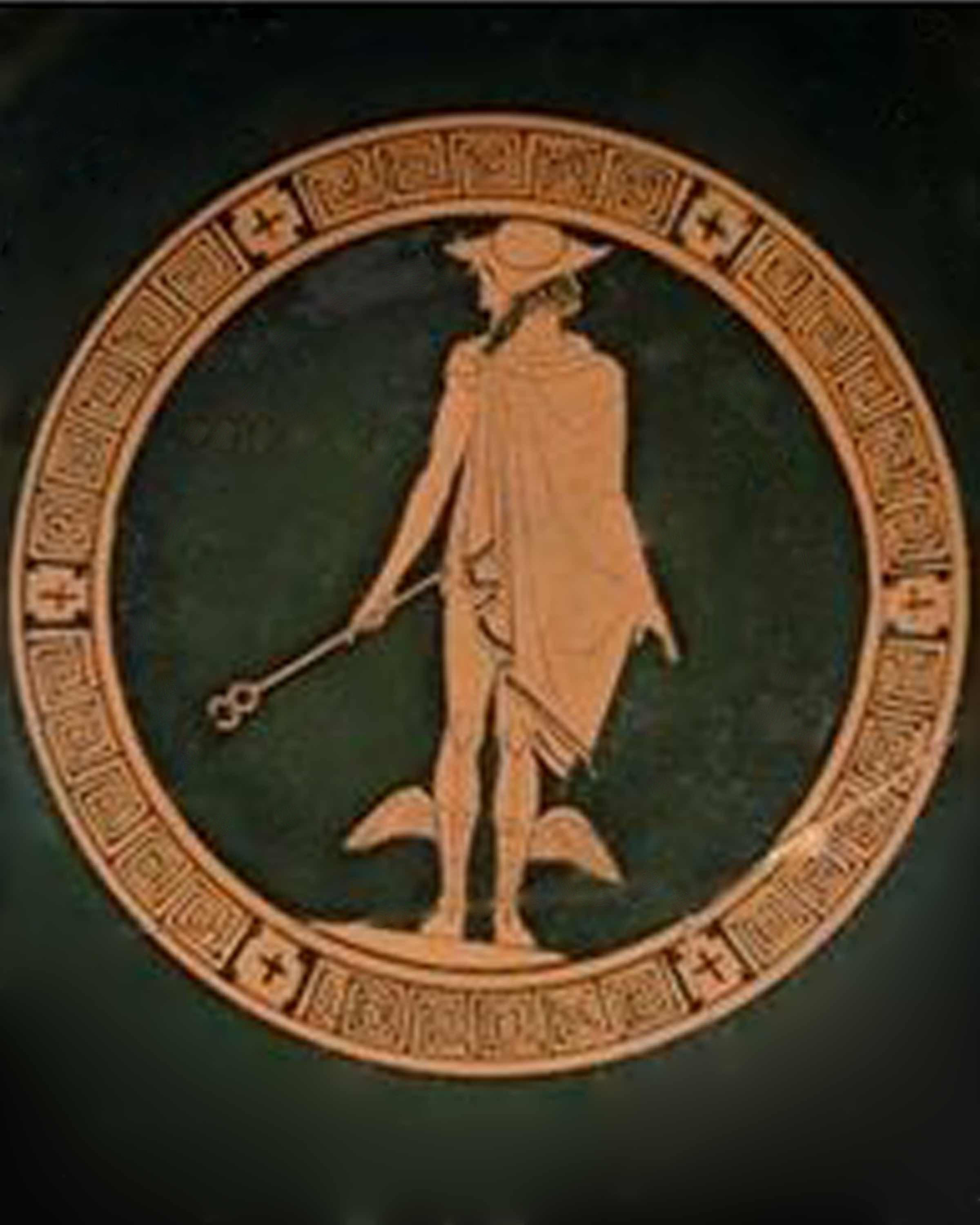Myth, Legend and History
February 19, 2009
We seem to suffer from a confusion of what history is and can
actually be. Tarot as a tool of divination used plenty of myth and
legend to establish its levels of correspondence to the Tree of Life
and the 22 Hebrew letters.
I used to resent the innovations of Levi and Papus as much as I
found the assumptions of the Golden Dawn distracting. I have out
grown this resistance some, if for no other reason than familiarity;
but as Robert Place asserts in his fine popular book on tarot
history and Rachael Pollock seems to agree, Tarot symbolism,
whatever its origins, needs to be recognized as an open-ended system
of symbols vaguely platonic.
Symbols are multivalent, supporting, suggesting a variety of range
of meanings that are resistant to simple reduction to systems of
signs. Sure lists of possible associations of meanings to cards help
the tyro tarotist to get a grasp on the possible range of meanings a
card has but as any long studied tarotist recognizes the cards ever
open novel configurations of meanings. (Of course by this
recognition I do not mean to imply that any card can mean anything)
We seem as tarot readers to enjoy a community of evolving meanings
of the symbols no doubt shaped by the Deus of the epoch to bring out
meanings previous ages have ignored. The evolution of the Fool from
madman outcast to cosmic clown and secret demiurge is a case in
point. Likewise the magician as carnival mountebank to cosmic
scientist shows how the symbols evolve to meet our needs as readers
and readees.
I believe we need to pay more attention to symbols as symbols.
I think we also need to make clear that symbols cannot be reduced to
signs. It is true I can talk about a card but I cannot, through
talking, exhaust its meaning. The signs may have limited references
as do my words and self-understanding but the symbols are not so
delimited. As I like to remind clients: The cards are never wrong
though the reader can make many mistakes.
That most historians limit the proper appearance of tarot around
when the technology of printing could have produced them seems sound
enough. However the arts of divination are much older and ever
present in human history, and it is these that the tarot is related
as an oracle. Why should technology of mass printing be the historic
initiative of Tarot, when related forms of divination are so
ubiquitous? It seems though we are dealing with a deck of cards the
structure of the deck into elements and the limited number of card
sets shows profound relationships to ancient lot casting and other
forms of gambling, and chance.
I think we should look more closely why divination and gambling may
use the same devices but radically differently.
Gambling is addictive.
Divination may liberate one from the blindness of chance and the
whimsy change.
Gambling requires a win-lose set of procedures or rules of play,
while divining through tarot requires openness to symbolic vision,
the nonlinearity of spacetime, and the breath of compassion with a
variety of systems of play and draw and placement open to the focus
of enquiry.
To simplify: Perhaps gambling repetitively seeks the false certainty
a win-lose hope of reward. The system is closed, while tarot
divination is an open system of symbolic invitation to possibility
and choice.
I think we should remember to be respectful to the many myths about
tarot. It is in the myths and legends that the symbolic value, a
perennial ever evolving value comes to the fore. Not because myths
and legends reveal some occult history but because they alert us to
rich living symbolism of tarot tradition.
I am well aware that there is no direct historic connection between
Tarot and ancient Hellenistic divination by lots in temples but in
pseudo-history, in legendary accounts there can be.
As you may well know, a form of inscribed letters on stones was used
for divination at the Great Temple of Artemis in Ephesus (one of the
seven wonders of the Ancient World); they were known as "Ephesian
Letters." A smaller Temple of Artemis was built by Ephesian settlers
in Marseille. And as Christian legend has it Mary Magdalene with her
brother, Lazarus, eventually settled in Marseille after a sojourn in
Ephesus with John, the Beloved Disciple, and Mother Mary.
Perhaps our Tarot de Marseille has a more ancient pedigree than
history portends?
Like-wise I am aware the Tarot was not invented in history to be a
universal library of all wisdom, yet in my striving to enrich and
make more and more universally applicable my understanding of the
multiple open meanings of card interpretation, I act as if tarot can
be applied to any event, situation and problem personal, scientific,
philosophical and even historical; and that it will offer some
useful insights into an inquiry.
Therefore tarot is for me mythically, symbolically and practically,
a universal encyclopedia of all knowledge and wisdom.
True I would not claim such a conclusion as historical but I would
say it is part of the compelling myth of the tarot to which I
subscribe in practice. As such the myths of tarot have an important
place in understanding how to read tarot, perhaps much more than
restricting ourselves to the accidents of history.
headline 3
insert content here
